
Nick Donnelly explores a recent systematic review, which finds a small association between identifying as a night owl and experiences of suicide.
[read the full story...]
Nick Donnelly explores a recent systematic review, which finds a small association between identifying as a night owl and experiences of suicide.
[read the full story...]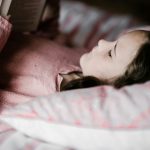
In her debut blog, Emma Sullivan explores a new paper looking at the feasibility of a CBT for insomnia intervention (delivered by non-expert practitioners) for young people with mental health difficulties.
[read the full story...]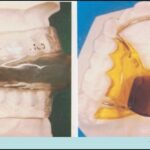
This review of the the effectiveness of different mandibular advancement devices for obstructive sleep apnoea included 50 RCTS. While the findins suggest that mono-bloc MADs are more effective duo-bloc devices the quality of the available evidence is very low.
[read the full story...]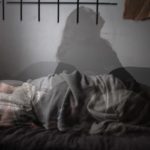
Kirsten Russell and Susan Rasmussen summarise a recent cohort study on self-reported sleep disturbance in ambulance attendances for suicidal ideation and attempted suicide, which suggests a possible role for paramedics in suicide prevention.
[read the full story...]
Jack Barton summarises a recent longitudinal study from Finland, which suggests that sleep difficulties in infancy are associated with symptoms of inattention and hyperactivity at the age of 5 years.
[read the full story...]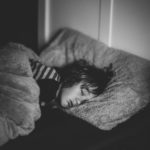
A group of UCL Masters students summarise a systematic review and meta-analysis of subjective and objective studies, which explores sleep problems in young people with autism spectrum disorders.
[read the full story...]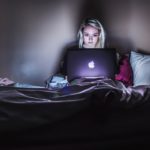
Jack Barton marvels at the paradox that the very digital devices that harm our sleep patterns so terribly, may also be a possible solution to insomnia and sleep problems in young people. A new systematic review on digitally-delivered cognitive-behavioural therapy (eCBTi) for youth insomnia shows a little promise.
[read the full story...]
The #CAMSTRAND2018 delegates blog about a recent systematic review of mind-body therapies for Military Veterans with PTSD (Post-Traumatic Stress Disorder).
[read the full story...]
Ian Hamilton and Julia Buxton from the University of York preview the #NonMedicalDrugs event that will take place in York on Friday 16th March 2018.
The meeting will bring together people who can offer personal and professional insights of the extent of the issue and how we can support people who develop problems.
[read the full story...]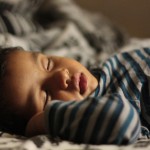
This Cochrane review to assess the effects of oral appliances or functional orthopaedic appliances for obstructive sleep apnoea in children only identified a single small trial which provided insufficient evidence to assess effectiveness.
[read the full story...]